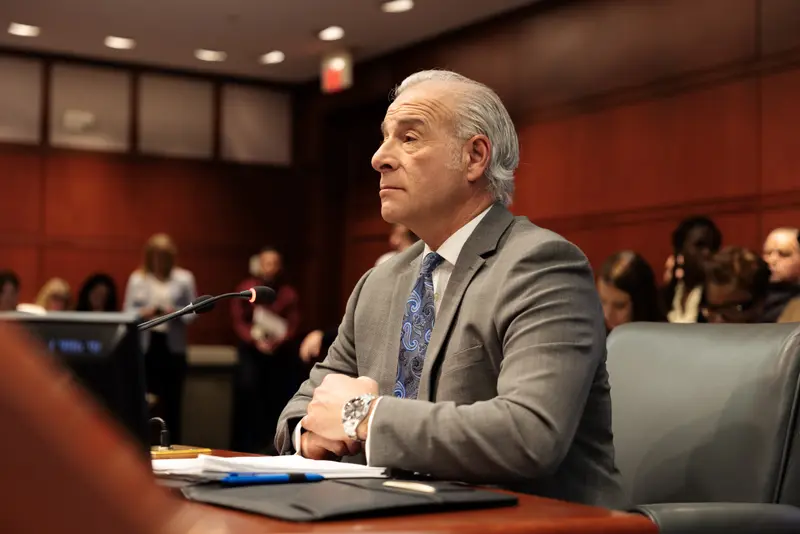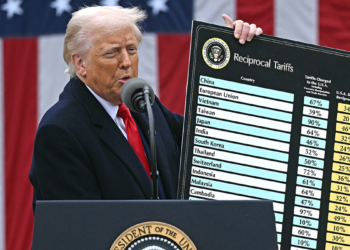Global markets plunge as Wall Street's woes continue under tariffs
(NewsNation) — President Donald Trump's tariffs continued to rattle markets around the world Monday, fueling recession fears. Asian markets have plunged, with Tokyo’s Nikkei 225 index dropping nearly 8% shortly after the market opened Monday. Hong Kong's Hang Seng fell 13.2%, Shanghai Composite index 6.2% and...
Read moreConnecticut DMV Never Set Up System to Enforce a Century-Old Towing Law — ProPublica
This article was produced for ProPublica’s Local Reporting Network in partnership with The Connecticut Mirror. Sign up for Dispatches to...
Israel Controls 50% of Gaza as It Expands Military Footprint
TEL AVIV, Israel — Israel has dramatically expanded its footprint in the Gaza Strip since relaunching its war against Hamas...
Now batting for the White Sox — No. 45, Michael Jordan
Here’s a look back at what happened in the Chicago area on April 7, according to the Tribune’s archives. Is...
A warden acquired Idaho’s lethal injection drugs offsite on a rural road ahead of failed execution
A discreet delivery pulled up outside of Idaho’s maximum-security prison near Boise in the state’s exhaustive quest for lethal injection...


























 Al Jazeera English | Live
Al Jazeera English | Live






















